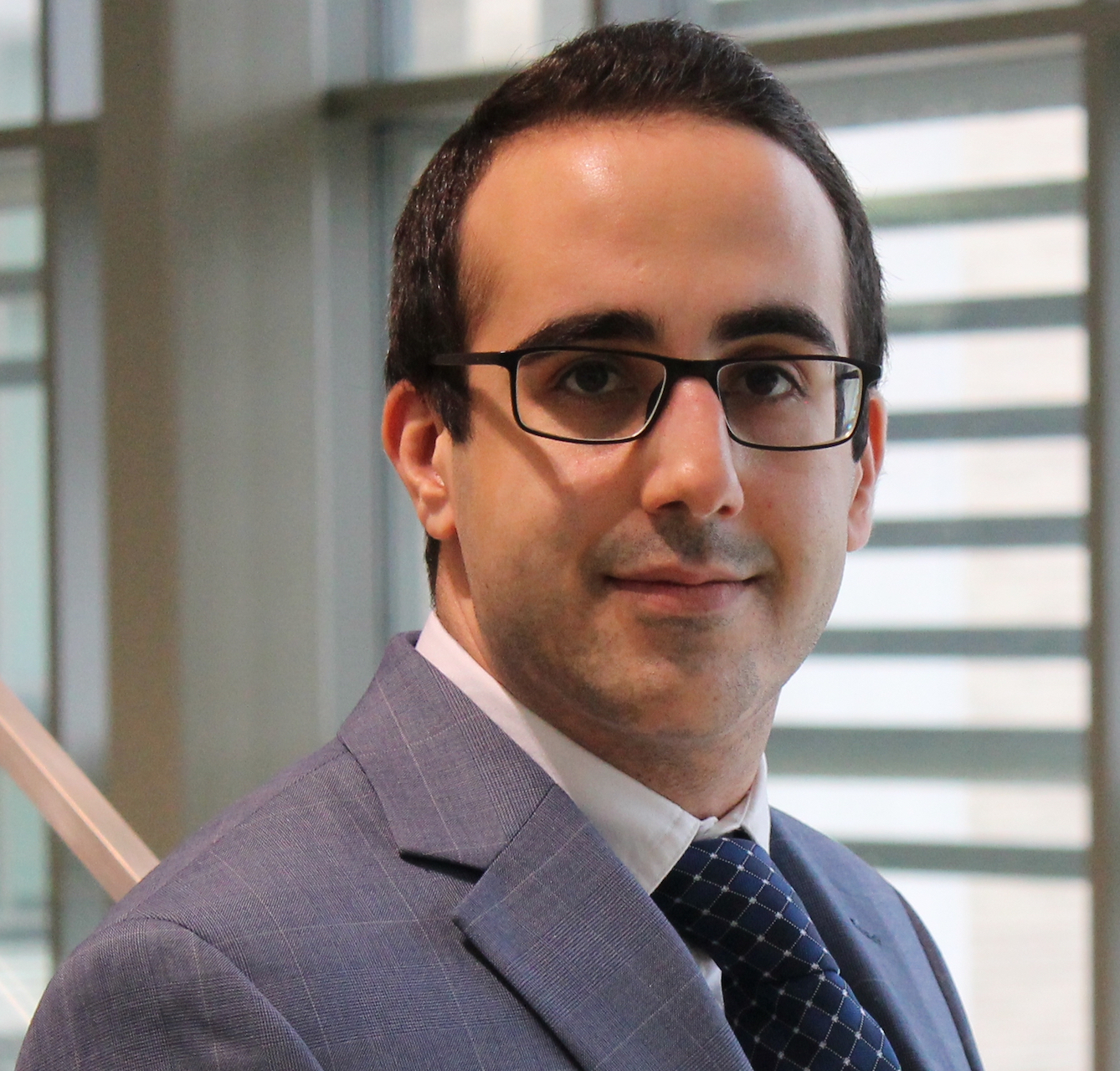Ali Akbari, Ph.D.
I'm
About
I am a postdoctoral scholar in the Department of Genetics at Stanford University, working in Snyder lab. I received my Ph.D. in Biomedical Engineering from Texas A&M University. My research lies at the intersection of bioinformatics, machine learning, and embedded and wearable systems to improve medical care and enhance lives. In my Ph.D. dissertation titled "Wearable Sensors for Precision Medicine through Personalized, Holistic, and Context-Aware Analytics", I mainly focused on analyzing wearable and IoT sensors data to extract actionable physiological and behavioral information for health monitoring.
As an interdisciplinary researcher, I build machine learning algorithms for wearable sensors, develop data analytics methods for multi-omics data, and design new sensing modalities to enable precision medicine in day-to-day life. I investigate problems including but not limited to detection/prediction of respiratory and kidney infection, biology of mental issues, human activities of daily living, remote patient monitoring, biology of pain, and the effect of lifestyle on personal health. I recently led a team of graduate researchers in a large-scale collaborative project on infection prediction through physiological monitoring with commercial off-the-shelf wearables to address the COVID-19 pandemic.
Research Interests
| Digital and mobile health | Bioinformatics |
| Algorithm design | Biomedical signal processing |
| Machine learning/Deep learning | Multi-omics data analysis |
| Wearable sensing and computing, embedded systems design | Cyber-physical systems and internet of things (IoT) |
What I Do
| Remote and Personalized Healthcare | Bioinformatics |
|---|---|
| A multi-disciplinary field that requires knowledge of biomedical, electrical, and computer engineering to monitor physiological and behavioral parameters outside of clinics. Data analysis skills are also required to extract personalized actionable health-related information from these measurements. | We are in an omics revolution in which genomes and other omes, such as proteome, metabolome, etc., can be characterized to understand fundamental biology and improve health. This field requires extensive data analysis skills and, when combined with remote monitoring paradigms, enables precision medicine. |
| Wearable/IoT/Embedded Systems | Data Analysis |
|---|---|
| Wearable sensors, embedded systems, and IoT technology facilitate remote health monitoring by providing physiological and behavioral measurements inexpensively and conveniently. Although these systems do not replace clinical care, they can complement it. Software design, cloud computing (e.g., AWS), hardware development, and signal processing skills are the core requirements for designing these systems. | This is a rather general field essential for any effort that includes data either from remote sensors or clinical measurements. Machine learning and deep learning are the core required skills to extract actionable information from the data. Statistical analysis skills are essential to understand relationship between different factors, and signal processing skills are needed to process noisy data of sensors. |
